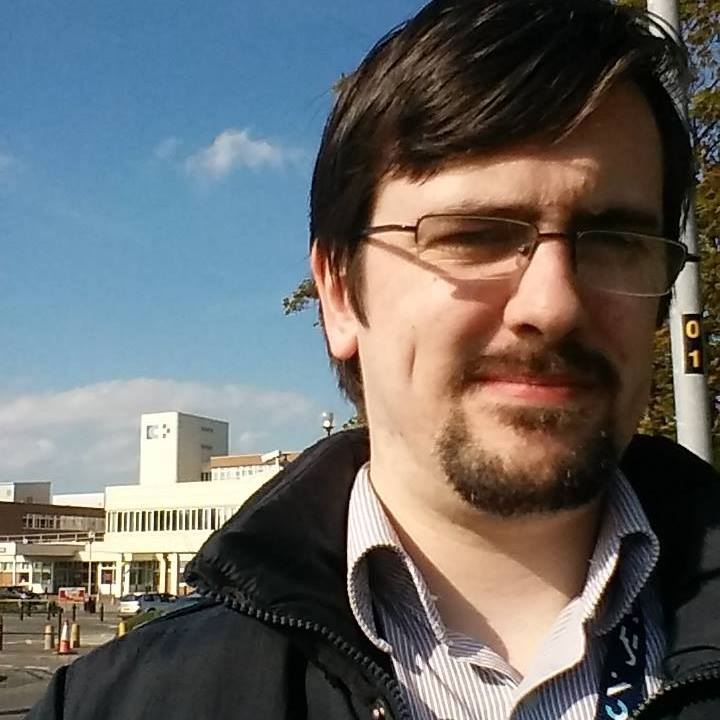Instead of trying to fit people into the singular box of core and specialty training, recognise that what juniors do instead is still helping us grow as doctors
 Every year we hear the same conversation, in both mainstream media and medical journalism, about whether or not foundation year 2 doctors (FY2s) will enter core and specialty training or not. This almost always seems to be a dichotomous conversation, with the rhetoric continually biased towards core and specialty training as “the default” or “most desirable” option. It feels as though not entering core and specialty training is considered the “dirty alternative.” A lot of the articles that I read focus on where FY2s go, without actually exploring or reporting why FY2s go where they go.
Every year we hear the same conversation, in both mainstream media and medical journalism, about whether or not foundation year 2 doctors (FY2s) will enter core and specialty training or not. This almost always seems to be a dichotomous conversation, with the rhetoric continually biased towards core and specialty training as “the default” or “most desirable” option. It feels as though not entering core and specialty training is considered the “dirty alternative.” A lot of the articles that I read focus on where FY2s go, without actually exploring or reporting why FY2s go where they go.
I decided not to enter core and specialty training because I didn’t want to feel locked in for two years in a core training programme, where deadlines and reviews of competency progression loom large over a trainee’s head. Nor did I want to commit to living in a part of the country that I may not enjoy. Instead I wished to gain a different type of clinical and academic experience than those training programmes could offer. If only the narrative around FY2 destinations could acknowledge this.
Last month I attended NHS Education for Scotland’s annual conference and participated in a well organised workshop on “Stemming the exodus of FY2s.” It focused on small group discussion around a number of questions, including “how to make core or specialty training programmes more attractive.” However, the way this question, and even the title of the workshop, was worded still felt as though it came from a standpoint that insists FY2s should as much as possible go from foundation programme to core/specialty training in a linear line. Is this because of the need to have enough doctors of a certain grade for a rota? Is it because of a fear of one day not having enough consultants or GPs to maintain the health service? Or is it just fear of doing things differently?
Instead of constantly trying to fit people into the singular box of core and specialty training, we should instead identify ways to offer and recognise other boxes within the NHS that trainees can avail of. Rather than scrabbling about to find ways to encourage people into specialty programmes to ensure rotas are filled, we could plan rotas to include doctors that are not in training posts. Do locum appointments for service or clinical fellows have to be just the backup plan? And, instead of couching articles around “fewer FY2s entering training posts,” frame the conversation around the broad wealth of experience individuals can gain from completing non-training programmes, clinical fellowships, and working abroad.
I have been lucky to have educational supervisors during my foundation programme who have encouraged me to not enter further training until I feel ready to, nor to feel pressured to fit into the statistics. Yet this encouragement directly conflicts with what the wider health system and popular public opinion tells me as an FY2 to do.
In August I will be working as a clinical fellow in a medical specialty that is among the options I am interested in pursuing long term. I hope that this experience in a different setting to where I have worked so far will help me grow in a different way than immediately becoming a core medical trainee. It would be nice if the conversation about post-FY2 destinations would recognise this.
I encourage leaders in healthcare to listen to what my peers and I are saying by not entering a training programme. You can help alleviate the implicit guilt for wider medical workforce problems that is sometimes forced upon the diaspora of those not choosing this option. Instead of trying to pull us back into the current status quo, recognise that what we do instead is still helping us grow as junior doctors.
Nathan Cantley is an academic foundation year 2 doctor working within NHS Highland and is a Queen’s University Belfast graduate. He is due to take up a clinical fellow post within NHS Lothian from August 2018. He can be found on Twitter @NathanWPCantley
Competing interests: I have read and understood BMJ policy on declaration of interests and declare the
following interests: None.
